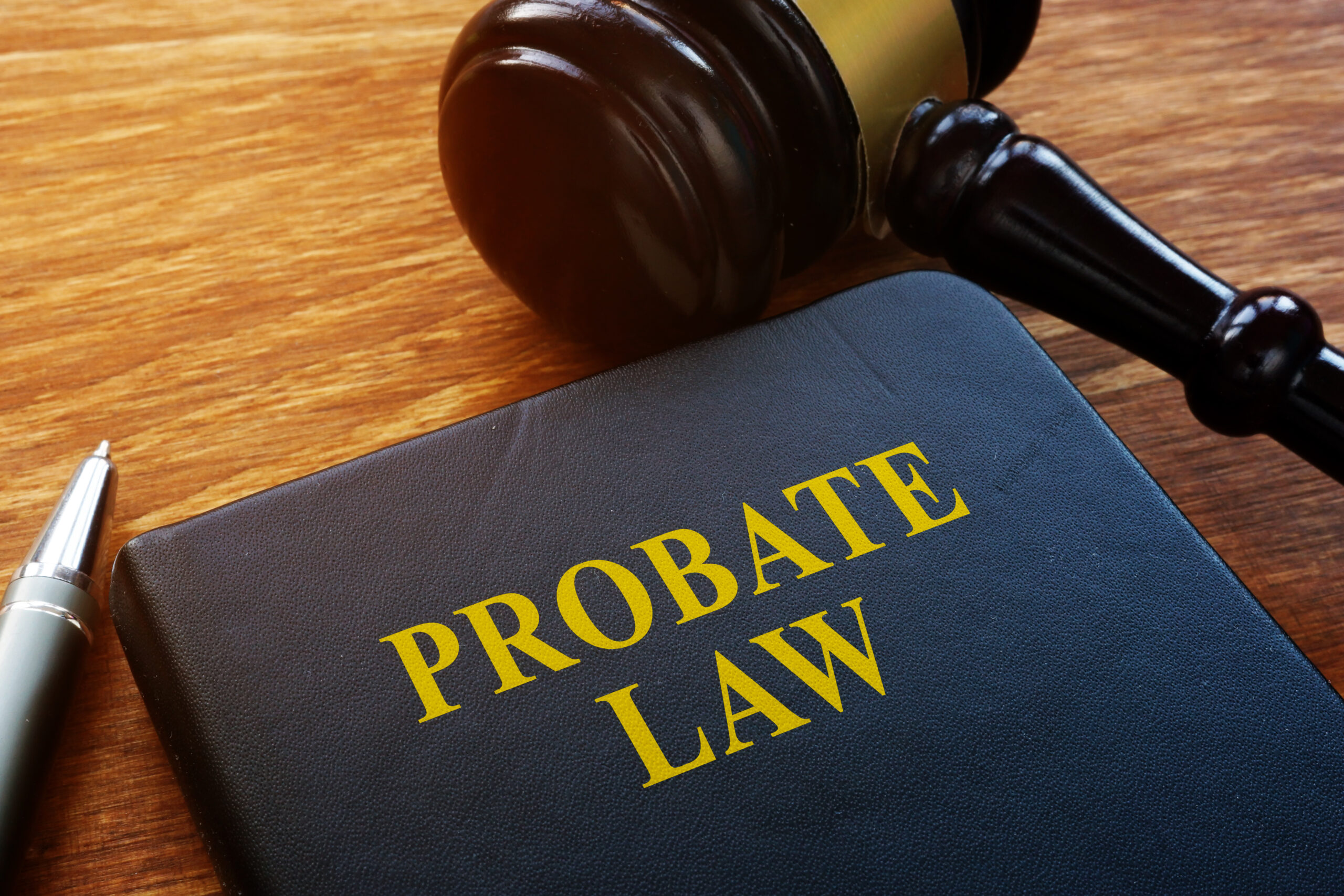Dealing with the death of a loved one is a difficult time, and navigating the complexities of their legal affairs can add to the stress. A common question that arises is: What happens to a person’s CPF money when they pass away?
It’s a critical point to understand for anyone doing estate planning in Singapore. The answer is not as simple as it seems, as CPF savings are treated differently from other assets and are not part of the standard probate process.
The Decisive Factor: CPF Nomination vs. Intestacy
The single most important document governing the distribution of a person’s CPF savings is a CPF Nomination.
- With a CPF Nomination: A valid nomination legally instructs the CPF Board to directly distribute the deceased’s CPF savings to the designated nominees. This process bypasses the will and the probate process entirely. The funds are paid out in cash, quickly, and without administrative fees. This is the most efficient way to ensure your CPF savings go to your intended beneficiaries.
- Without a CPF Nomination: If no nomination was made (or if it was revoked, for example, by marriage), the CPF savings will be transferred to the Public Trustee’s Office (PTO). The PTO will then distribute the funds according to Singapore’s Intestate Succession Act. This means the money will be given to a fixed order of legal beneficiaries, such as the spouse, children, or parents. This is often a longer process and involves the PTO deducting an administrative fee from the savings.
For a comprehensive estate plan, a CPF nomination is just as vital as a will. Relying on a will alone will not cover the distribution of your CPF savings.
Beyond Savings: What Happens to CPF Funds Used for Other Purposes?
CPF money isn’t just a pool of savings; it’s also used for property, investments, and insurance. The rules for these uses are different and can be a source of confusion.
1. CPF for Property (HDB Flats & Private Homes)
When CPF funds are used to pay for a property, the amount and its accrued interest do not need to be returned to the deceased’s CPF account. This is a crucial point that helps protect surviving family members.
- The ownership of the property is determined by the title deed.
- If the property was held in joint tenancy, the surviving co-owner(s) automatically inherit the deceased’s share, and no CPF refund is required.
- If the property was a tenancy-in-common, the deceased’s share forms part of their legal estate and is distributed according to their will or the Intestate Succession Act.
2. CPF Investment Scheme (CPFIS)
This is where the rules differ significantly from a CPF nomination. Investments made through the CPFIS are not covered by a CPF nomination.
- The CPFIS investments and any cash in the Investment Account are part of the deceased’s legal estate.
- They must be claimed and distributed by the executor of the will through the probate process, or by the administrator of the estate if there is no will.
3. Insurance Schemes (HPS and DPS)
Home Protection Scheme (HPS): This mortgage-reducing insurance policy uses CPF premiums to protect HDB homeowners. The HPS payout will be used to settle the outstanding home loan, securing the home for the surviving family.
Dependents’ Protection Scheme (DPS): This is a term-life insurance that provides a lump-sum payout. The proceeds are not covered by a CPF nomination. The beneficiary must contact the insurer (Great Eastern Life) to make a claim.
Why You Need a Clear Estate Plan
The complexities surrounding CPF money, wills, and probate highlight the importance of proper estate planning in Singapore. Without a clear plan, your family could face unnecessary delays, legal fees, and administrative burdens during an already difficult time.
As experienced wills and probate lawyers, we can help you create a comprehensive plan that ensures all your assets – including your CPF savings, property, and investments are distributed exactly as you wish.
Contact the family lawyers at PKWA Law today to learn more about how we can assist you with your estate planning needs.


